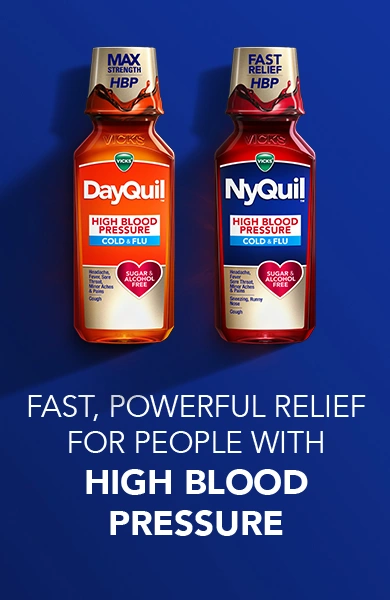Blood pressure is the amount of pressure that your blood exerts on your arteries as it travels throughout your body, delivering oxygen and other nutrients to your cells. Your blood pressure can change throughout the day, but in general, a normal blood pressure reading is less than 120/80 mmHg.
High blood pressure, also known as hypertension, is a condition in which your blood pressure is consistently higher than normal. If you struggle with chronically high blood pressure, your arteries can eventually become less elastic, which makes it harder for your heart to pump blood and oxygen throughout your body. Ultimately, chronic high blood pressure can increase your risk of a variety of heart and health conditions. In fact, hypertension is also sometimes called the “silent killer” since it can have serious consequences on your health but doesn’t always come with many obvious signs.
